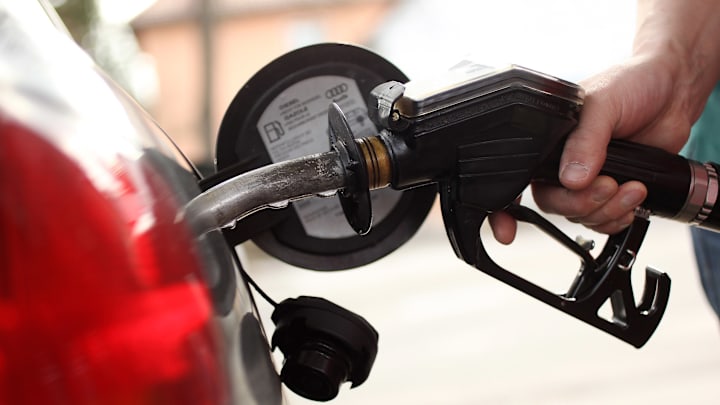What Is the Difference Between Regular Gas and Diesel?

Understanding the differences between regular gasoline and diesel fuel is crucial for vehicle owners. These two types of fuel power different types of engines and have distinct properties, benefits, and drawbacks. Knowing how each fuel works can help you make informed decisions about vehicle maintenance and fuel efficiency.
Regular gasoline, often simply referred to as gas, is a petroleum-derived liquid primarily used in spark-ignition internal combustion engines. These engines use a spark plug to ignite a mixture of air and fuel, causing combustion and powering the vehicle. Gasoline is refined to have a higher volatility, meaning it vaporizes easily to mix with air in the engine. It is typically available in different octane ratings, such as regular (87 octane), mid-grade (89 octane), and premium (91 or higher octane), with higher octane fuels being less prone to knocking or pre-ignition.
Diesel fuel, on the other hand, is used in compression-ignition engines. These engines do not use spark plugs. Instead, they compress air to a high temperature, and diesel fuel is injected into the hot, compressed air, causing it to ignite spontaneously. Diesel fuel has a higher energy density than gasoline, meaning it can provide more energy per gallon. This makes diesel engines more fuel-efficient and capable of delivering greater torque, which is beneficial for heavy-duty applications such as trucks and buses.
One of the key differences between regular gasoline and diesel is their combustion process. Gasoline engines rely on a spark to ignite the air-fuel mixture, while diesel engines rely on high compression to ignite the fuel. This difference in ignition process also means that gasoline engines typically run at higher RPMs (revolutions per minute) and are better suited for high-speed performance, whereas diesel engines are more efficient at lower RPMs and excel in applications requiring high torque and load-carrying capacity.
Fuel efficiency is another major distinction. Diesel engines generally offer better fuel economy compared to gasoline engines. This is because diesel fuel contains more energy per gallon and diesel engines operate more efficiently due to their higher compression ratios. As a result, vehicles powered by diesel can travel further on a tank of fuel than those powered by gasoline. This efficiency makes diesel engines popular in commercial and long-distance vehicles.
However, diesel fuel and engines also have some disadvantages. Diesel engines tend to be more expensive to manufacture and maintain due to their robust construction and the need for a high-pressure fuel injection system. They also produce higher levels of certain pollutants, such as nitrogen oxides (NOx) and particulate matter, compared to gasoline engines. Modern diesel engines are equipped with advanced emissions control systems to mitigate these pollutants, but these systems can add complexity and maintenance costs.
In terms of environmental impact, gasoline engines generally produce more carbon dioxide (CO2) per mile driven than diesel engines due to their lower fuel efficiency. However, the higher NOx and particulate emissions from diesel engines pose significant environmental and health challenges. Both gasoline and diesel fuels are derived from crude oil and contribute to greenhouse gas emissions, but advancements in technology are helping to reduce the environmental footprint of both fuel types.
In conclusion, the difference between regular gasoline and diesel lies in their combustion processes, fuel efficiency, and environmental impact. Gasoline is used in spark-ignition engines, while diesel powers compression-ignition engines. Diesel engines are generally more fuel-efficient and suitable for heavy-duty applications, whereas gasoline engines are better for high-speed performance. Understanding these differences can help vehicle owners choose the right type of fuel and engine for their needs, balancing performance, efficiency, and environmental considerations.